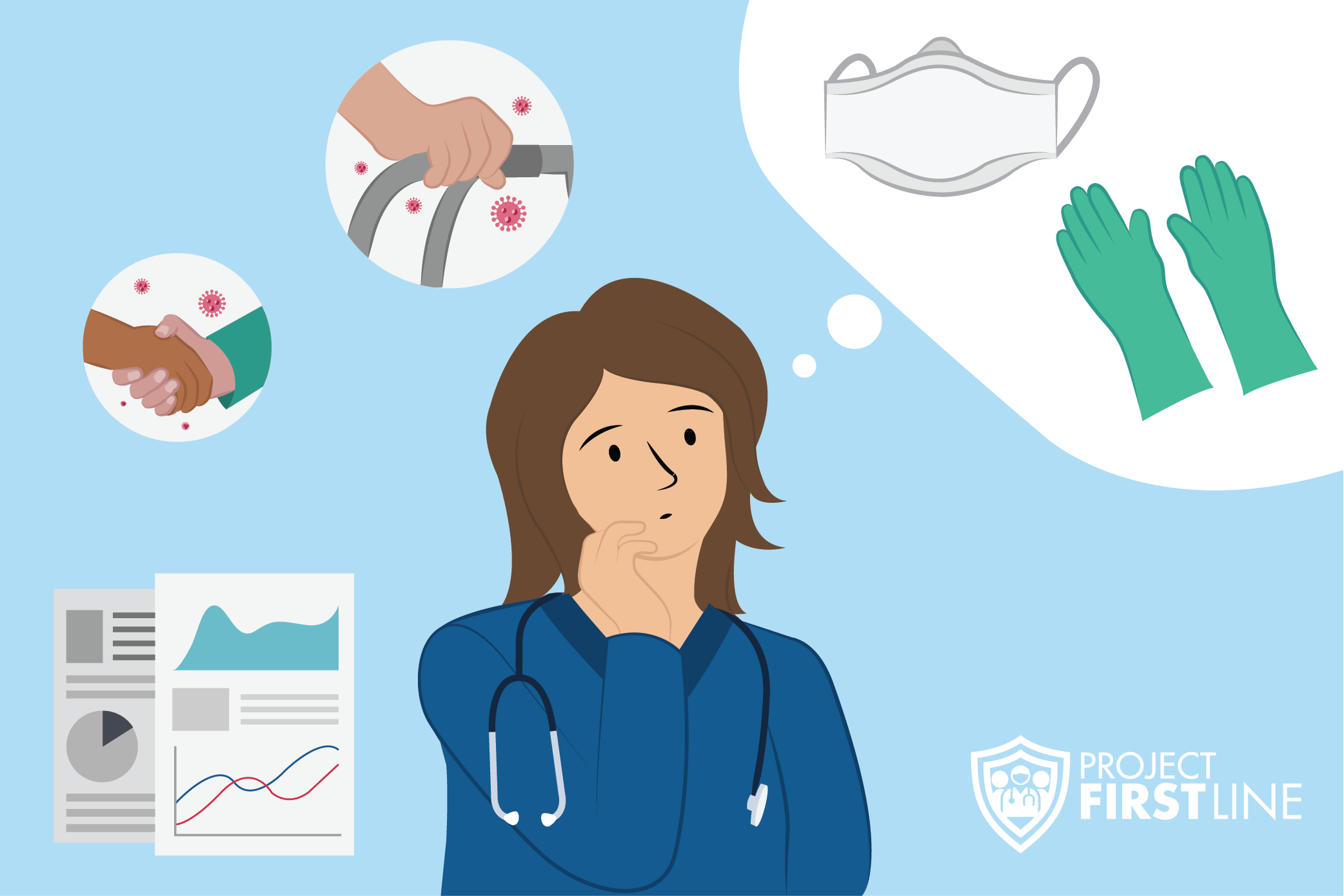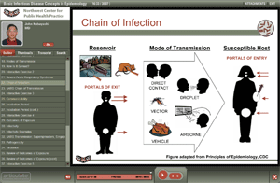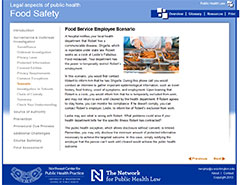This series of training modules is for professionals working in long-term care facilities. These online interactive modules will train and prepare long-term care workers to become infection control superheroes who can reduce the spread of disease at work and home.
Each module includes training materials, videos, interactive scenarios and short quizzes that encourage staff to engage with the information presented. The modules are educational, informative and fun, and take approximately 20-minutes to complete. The modules are available in both English and Spanish versions.
Information covered includes:
- Infection Control
- How Germs Can Spread on Surfaces
- How Germs Can Spread via Respiratory Droplets
- Proper Hand Hygiene
- Proper Use of PPE
- Cleaning and Disinfection
- Enhanced Barrier Precautions
Learning Objectives
Module 1: Introduction to Infection Control
- Articulate at least one (1) primary goal of infection control.
Module 2: How Germs Spread From Surfaces
- Describe two (2) ways viruses can spread from surfaces to people.
- Explain one (1) reason why good hand hygiene and environmental cleaning are important to keep germs from spreading in healthcare.
Module 3: How Respiratory Droplets Spread
- Describe one characteristic (1) of respiratory droplets.
- Explain one (1) reason why infection control actions focus on keeping respiratory droplets out of the air and away from other people.
Module 4: Hand Hygiene
- Describe two (2) reasons why having clean hands is especially important in healthcare.
- Discuss two (2) reasons why hands are a main way that germs can spread in the environment.
Module 5: Proper Use of Personal Protective Equipment
- Define PPE and describe two (2) functions of PPE in healthcare.
- Discuss one (1) reason that eye protection is recommended for COVID-19.
- Describe two (2) reasons why wearing gloves is important for infection control.
- Describe two (2) ways that gowns are important for infection control.
- Discuss three (3) reasons why wearing more than one pair of gloves at once, or wearing more than one gown at once, is not recommended for routine care.
Module 6: Cleaning and Disinfection
- Describe the difference between cleaning and disinfection.
- Discuss why it is important to follow the label instructions on a disinfectant product.
Module 7: Enhanced Barrier Precautions
- Identify "high-contact" activities and when residents should be placed on Enhanced Barrier Precautions.
- Demonstrate appropriate use of required PPE for residents on Enhanced Barrier Precautions.
- State the importance of Enhanced Barrier Precautions in reducing the spread of multidrug-resistant organisms (MDROs).
Instructors
CDC is the leading partner in Project Firstline and provided the training content. To learn more about CDC and their partners, visit the Project Firstline website.
Intended Audience
Long-term care facility professionals
Format
These modules include training materials, videos, interactive scenarios and short quizzes. The series of six modules takes approximately 2 hours to complete.
Time Commitment
20 minutes per module (2 hours total)
Technical Requirements
This learning opportunity requires a computer or phone with internet connection
Diversity Statement
Diverse backgrounds, embodiments, and experiences are essential to the critical thinking endeavor at the heart of education. NWCPHP brings this principle to our programs and trainings. As such, participants are expected:
- To respect individual differences, which may include, but are not limited to, age, cultural background, disability, ethnicity, family status, gender, immigration status, national origin, race, religion, sex, sexual orientation, socioeconomic status, and veteran status.
- To engage respectfully in the discussion of diverse worldviews and ideologies embedded in readings, presentations, and artifacts, including materials that are at odds with personal beliefs and values.
- To talk to the instructor or program manager if they have concerns about the program climate.
Accessibility
This training is delivered in a 508-compliant interface. During development of this training, we attempted to make the content accessible to individuals using screen readers. If you encounter trouble accessing the instructional materials by screen reader, or need any other accommodations in order to access the instructional materials, please contact NWCPHP, and we will do our best to make sure the content is accessible to you.
Continuing Education Credits
Participants who complete modules 1-6 will be eligible for continuing education credits for two contact hours through the Washington State Department of Social and Health Services or a two-contact hour CNE certificate through Continuing Nursing Education at the University of Washington School of Nursing.
Questions
For help with infection control or questions about module content, contact Washington State Department of Health at ProjectFirstline@doh.wa.gov.
For help with technical problems, including site or module registration, contact Northwest Center for Public Health Practice at nwcphp@uw.edu.



